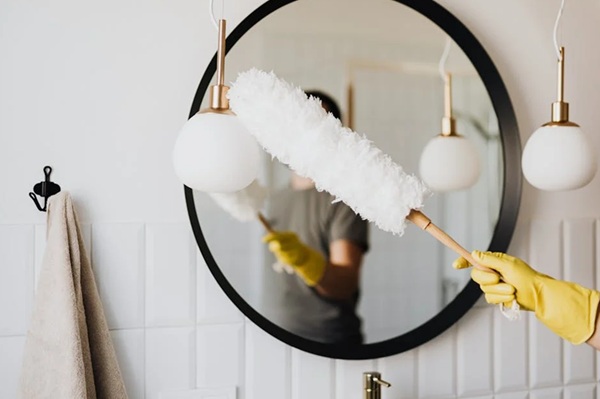A Quick Guide to a More Efficient Household

Managing a household can often feel like a challenging task. There is an abundance of tasks to complete and a shortage of time. But applying a few smart strategies can genuinely simplify things. Think structured systems — for chores, energy use, keeping things tidy, even planning meals. These aren’t just about saving time or money; they build a calmer home life. Less daily stress, more focus. These practical habits create breathing room, letting everyone concentrate on the important parts of their day, like family or personal projects.
Streamlining Daily Chores
A solid routine makes a huge difference in cutting down chore time. A visual chart may help. Who clears the table, and who walks the dog each morning? Clear roles share the burden fairly. Try batching similar tasks: folding all the week’s laundry in one go saves setup time, or prepping tomorrow’s lunches while dinner simmers. Digital tools? Definitely useful. Shared calendars for appointments or simple phone timers ensure tasks get done without nagging. It builds an effective household rhythm, much like the streamlined, efficient service provided by Sub Cool FM.
Maximizing Energy Efficiency
Using less energy saves cash on bills. It’s also kinder to the planet to look closely at your appliances. Are they energy hogs? Selecting models with higher government-backed energy ratings ultimately results in reduced consumption. Small changes add up quickly, too. Flipping off lights in empty rooms. Switching off electronics that consume power even when they are off, such as small standby lights, is another simple way to save energy. Switching to efficient LED bulbs is another straightforward way to save. Smart thermostats learn your patterns, heating or cooling only when needed. No more wasting energy heating an empty house. Check for draughts around windows and doors; sealing those stops energy leaks.
Organizing and Decluttering
A clear space does mean a clearer head. Less visual noise equals less mental clutter. Start small, with one room and one drawer. What hasn’t been used in a year? Time for it to go — donate, sell, or recycle. Good storage is key. Use baskets for corralling loose items, shelf dividers to maximise vertical space, and drawer inserts for easily finding small utensils. These aren’t just neat; they make daily routines faster. Make decluttering a regular habit, perhaps a quick sort-through each season. It keeps the house feeling open, functional, and welcoming. It serves as more than just a storage unit.
Simplifying Meal Planning
Figuring out dinner every night is exhausting. Planning meals weekly takes that pressure off weekdays. Try building a menu around what’s in season — often cheaper and tastier. Cooking in larger quantities saves effort. Cook once, eat twice (or even thrice!)—perfect for lunches or quick dinners. Sunday afternoon chopping vegetables for the week’s planned meals sets you up nicely. Having well-stocked pantry staples—various grains, beans, canned tomatoes, and spices— means a simple meal is always possible. Get creative with leftovers, too. Yesterday’s roast chicken becomes today’s sandwich filling or salad topping. Less food waste, more value. It transforms the nightly scramble into a manageable routine.
Conclusion
Putting these ideas into practice—smoothing out chores, saving energy, decluttering spaces, and planning meals—builds a better home. Routines and smart habits lighten the load. They also encourage everyone to pitch in, creating shared responsibility. Sustainable choices and organised living spaces boost well-being. It’s about creating a home environment that supports, rather than drains, allowing more energy for connection and enjoyment. A more efficient home life truly feels better.


